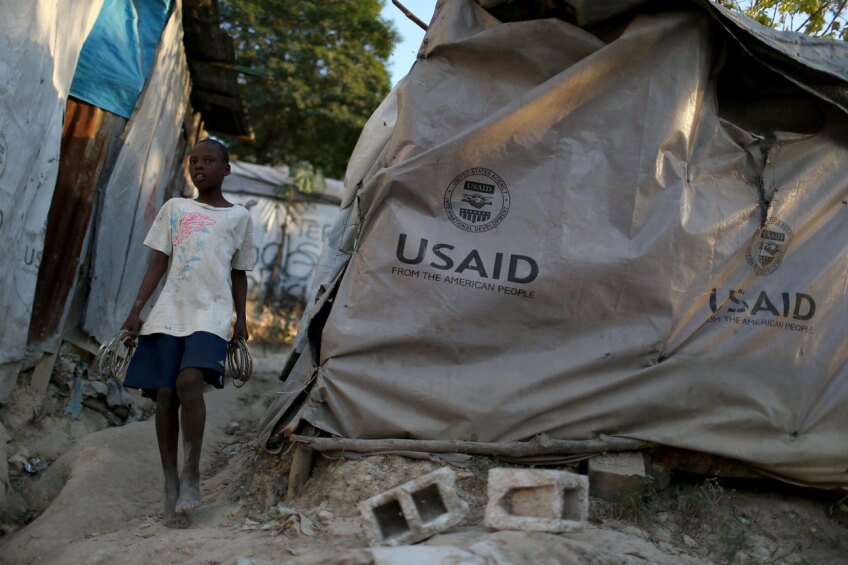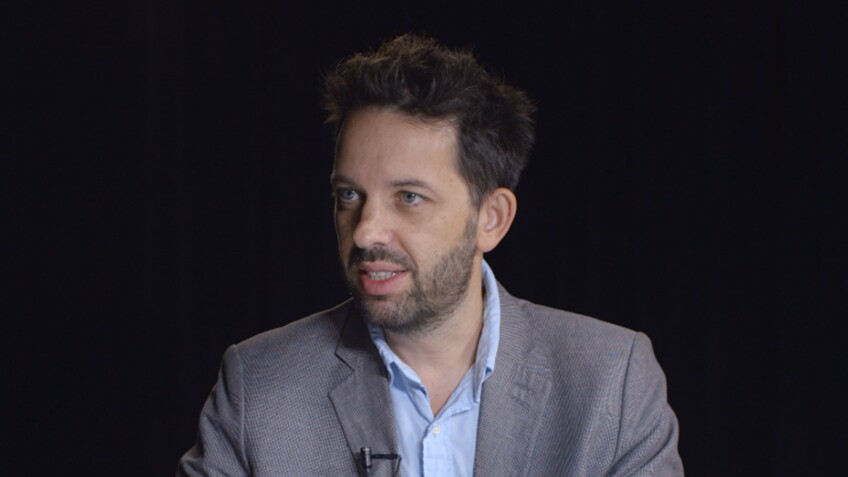How Disaster Capitalism Thrives on Tragedy

Crisis? What crisis? Governments and corporations long ago figured out how to profit from disasters.
From privatizing water in a drought, to selling high-priced security in a war zone, where the rest of us see molehills, capitalists tend to see mountains of money just waiting to be made.

That’s what reporter Antony Loewenstein found, as he traveled the world for his latest book "Disaster Capitalism: Making A Killing Off Catastrophe."
From Australia, across the United States and Europe to Afghanistan, Loewenstein’s examples include the mining corporation Rio Tinto Zinc, which blackmailed poverty-stricken Papua New Guinea into accepting massive mines as its only route to development. He reports on the USAID programs in Haiti that do more to keep U.S. sweatshop-operators alive than feed starving earthquake victims.
Building on author Naomi Klein’s thesis in her 2007 book, "The Shock Doctrine," (which popularized the term “disaster capitalism”), Loewenstein suggests, that it doesn’t take a right wing ideologue to harness disaster for private purposes.
In fact, disaster capitalism’s not so different from every-day sort, he told the "Laura Flanders Show" recently, except that radical change can go so far, so fast.
After the city of New Orleans flooded, for example, public schools were not reopened; they were converted to charter schools. Public hospitals and public housing units were boarded up.
Could anti-capitalists harness catastrophes too? If it’s true that societies traumatized by disaster tend to accept things they’d reject under normal circumstances, socially-minded solutions could go down as well as private-profit driven ones.
Richmond Mayor Gael McLaughlin’s proposal to seize defaulted properties from big banks using the power of eminent domain won support during the mortgage crisis that’s hard to imagine at other times. “Resistance is never futile,” says Loewenstein, pointing to how cities like Hamburg (or Boulder, Co), have reversed privatization in the face of soaring environmental and financial costs, and transferred energy utilities back into public hands.
Still, it tends to be true, as Naomi Klein quipped about neo-conservatives: “some people stockpile canned goods and water in preparation for major disasters; Friedmanites stockpile free-market ideas.”
The genius of the disaster capitalists, Loewenstein and Klein agree, is to present their approach as the only one possible. Is it? What alternatives would you like to see pushed forward the next time a crisis erupts?


